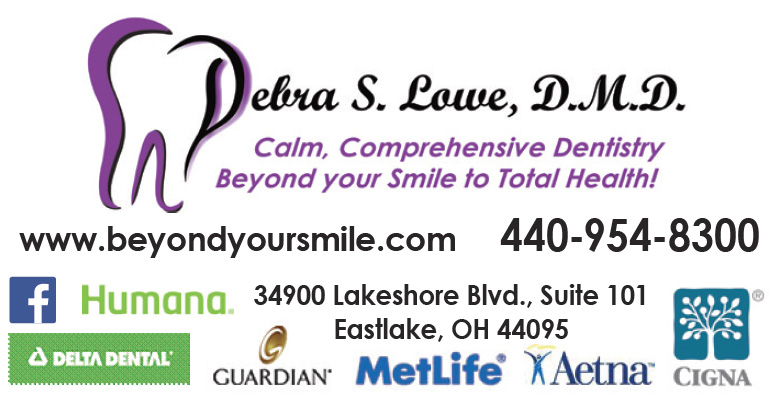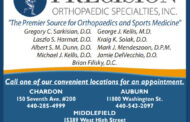Dental “insurance” plans can sometimes be confusing. A plan might be chosen by an employer by negotiating the benefits and limitations and therefore the premium, with the insurance company. The plan helps you pay for some of your necessary treatments.
Each contract will specify what types of procedures will be covered. Even if a procedure is medically or dentally necessary, it may be excluded from your contract, as based on the chosen level and premium. This does not mean that you don’t need the treatment. Rather it means that your plan will not consider the procedure for payment. For example, a procedure might be considered cosmetic, and therefore, not covered.
Medical, life, disability insurance may require an exam. Dental insurance does not. It is chosen by an employer as an added benefit for the valued employee, basically as a “gift.” It is negotiated between the employer and insurance company, based on premium and coverage. It does not require an exam and is most definitely not based upon a patient’s health needs.
It is a mistake to base your decision on whether to have a dental procedure done or not, solely based on dental benefits. The policy may or may not cover something that is necessary―from an exam, x-rays to extractions and implants.
Common dental benefit questions that a patient may have:
Why doesn’t my insurance cover all costs for my dental treatment?
Dental insurance really isn’t insurance at all. By definition, insurance is a guaranteed benefit to compensate for a loss, damage, illness, or death in return for a premium payment. Most dental plans are chosen to provide help in paying for dental treatment. Again, the policy is chosen based on the premium cost and amount of benefit. Most policies cover only a portion of the total cost.
Why does my plan say it covers 100% of certain procedures?
That 100% is usually what an insurance company allows as payment toward the procedure, not what your dentist or other dentists in your area may actually charge. You will usually owe a remaining balance. PPO plans require the participating dentist to write off a portion of the remaining balance, as well. So that is basically a discount from your dentist.
My explanation of benefits says my dental bill has exceeded the Usual, Customary, and Reasonable (UCR) fee. Does this mean that my dentist is overcharging?
The UCR fee is an arbitrary fee determined by an insurance company based on any area in the country, not necessarily your area. It is not based on the expertise of the doctor, nor the quality or difficulty of the work, nor the quality of the materials used. The UCR is a negotiated amount that an insurance company will pay toward your treatment. It is usually less, sometimes much less than any dentist in your area may charge for the procedure. It does not mean your dentist is charging you too much.
Why is there a maximum limit to my benefits per year?
By limiting what a policy will cover each year, it helps to keep costs down for the insurance company. Unfortunately, these maximums have not increased along with the cost of living increase, the improvements in technology and quality of health care. The maximums have remained, on average, at the same level for many decades. You may need more treatment in a year that exceeds the limit.
Why doesn’t my plan cover certain procedures such as exams, x-rays, cleanings, or gum treatments?
The contracted plan limits the number/frequency of certain procedures in a year. Usually, these are the treatments most frequently needed. Certain procedures will be covered every 5 – 10 years, even if it is necessary sooner due to decay or fracture, because it is at a higher cost. This does not mean you don’t need the treatment or can wait.
Why doesn’t my dentist participate in my plan?
Some plans make network dentists feel restricted in regards to providing the optimum of care because all procedures are either not covered at all, or not adequately, to cover the cost of the quality of the procedure. Some dentists are not comfortable with these plans because they feel the dentist is most qualified to determine the necessary dental treatment. Don’t let the insurance company dictate your health.
Other questions? Call us.
We are committed to providing you the best of our care because: “Every job is a self-portrait of the one who does it. Autograph your work with excellence.”- Author Unknown
























